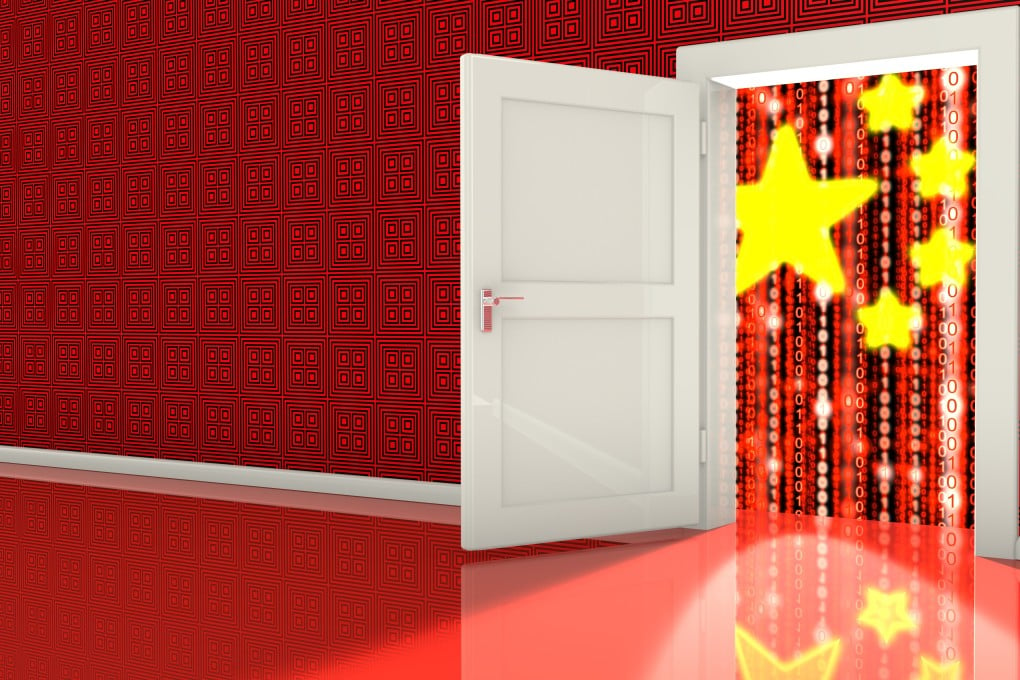Advertisement
Beijing to discuss efforts to clean, control the internet at ‘cyberspace civilisation’ conference
- The event comes months after the Communist Party and the State Council released a set of guidelines for building a ‘cyberspace civilisation’
- It urges all levels of government to bring ideology, culture, moral standards and online behaviour under control
2-MIN READ2-MIN
1

Chinese authorities will discuss efforts to clean and control what people see, hear, read or buy in the world’s biggest internet market at the government-sponsored “China Cyberspace Civilisation” conference in Beijing on Friday.
The event, which will take place at the China National Convention Centre, aims to “develop a positive and healthy internet culture, purify the network ecology, nourish cyberspace and meet the aspirations of hundreds of millions of netizens for a better life”, said Sheng Ronghua, deputy head of both the Office of the Central Cyberspace Affairs Commission and industry watchdog the Cyberspace Administration of China (CAC), at a press conference on Tuesday.
Jointly hosted by the cyberspace commission, the Beijing municipal government and the Central Guidance Commission on Building Spiritual Civilisation, the conference will hear government officials and scholars, along with representatives from internet companies and online user groups, discuss topics that include regulation, teenage users, big data and algorithms, according to Sheng.
Advertisement
The event comes months after the Communist Party and State Council released internally a set of guidelines for building a “cyberspace civilisation”. It urges all levels of government to bring ideology, culture, moral standards and online behaviour under control, according to a summary published by state-run news outlet Xinhua.

00:56
China now has nearly 1 billion internet users
China now has nearly 1 billion internet users
The conference is being staged amid a prolonged crackdown on the internet sector and the Big Tech companies behind its rapid development. China’s internet community has grown to about 1 billion users, larger than the combined population of the US, Russia, Mexico, Germany, the UK, France and Canada.
Advertisement
Advertisement
Select Voice
Select Speed
1.00x